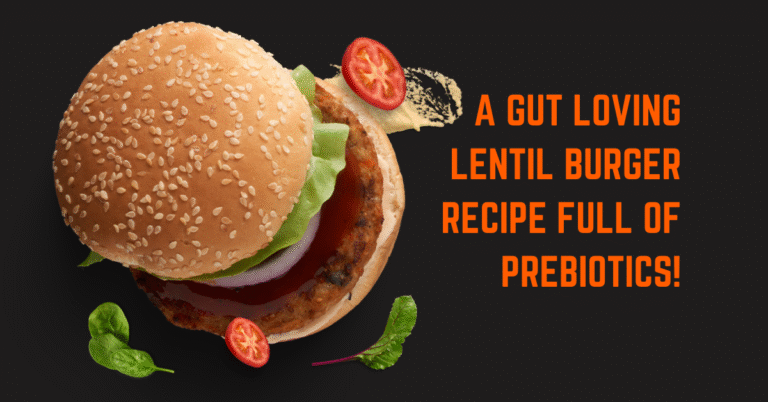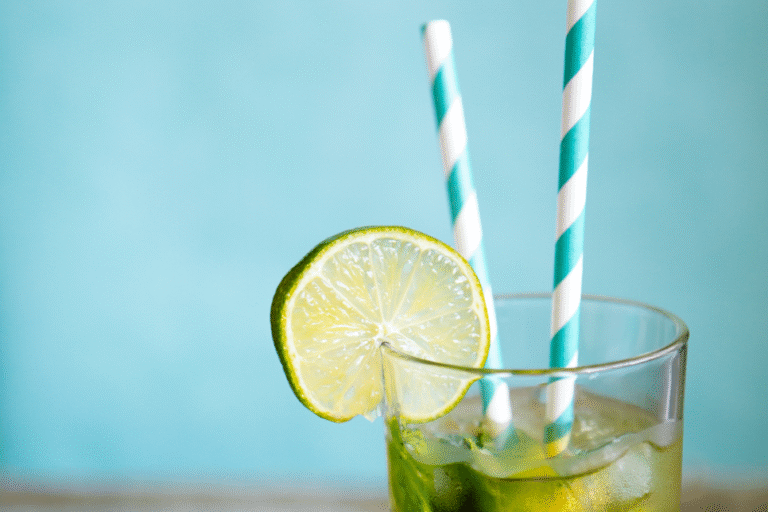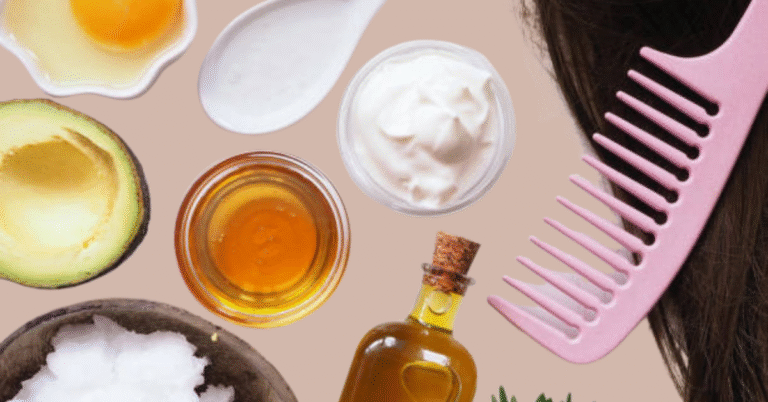Is it the fat that’s making us fat?
Emulsifiers in our modern food can alter our gut bacteria, interfering with digestion and efforts to control our weight. So what is it? An emulsifier is a molecule that allows water and oil to bind together.
Egg yolk used to be used for this during the 19th century, but these days we use a whole concoction of other ‘gums’ such as: xanthan, lecithin, carrageenan and polyglycerols. These stop the oils and fats from separating and help to give foods their long shelf life.
So why are they bad? New research is beginning to link these widely used emulsifiers, that are usually found in highly processed foods, to the rising levels of obesity, strokes, heart attacks, type 2 diabetes, and inflammatory bowel diseases such as Crohns and colitis. This is because of the way they interfere with the microbes in our gastrointestinal tract, known as ‘gut microbiota’.
The disruption of our friendly bacteria and mild inflammation of the gut could be a big reason why some people find it so hard to lose weight. Tests carried out revealed that the inflammation these emulsifiers cause to the lining of the gut actually interferes with our ability to determine whether or not we are full and therefore leads to overeating.
Research into emulsifiers is relatively new. But we do know that a diet high in saturated fats and sugar will almost always lead to weight gain. So it’s always advisable to eat fresh, whole foods and stay away from the processed stuff, because the digestive system can break down these foods more easily, giving our good gut bacteria an easier time and leading to better digestive health.
So it’s never been more important that we keep our friendly bacteria stocked up so we can benefit from the help and protection they give us.
« Courgetti Recipe






